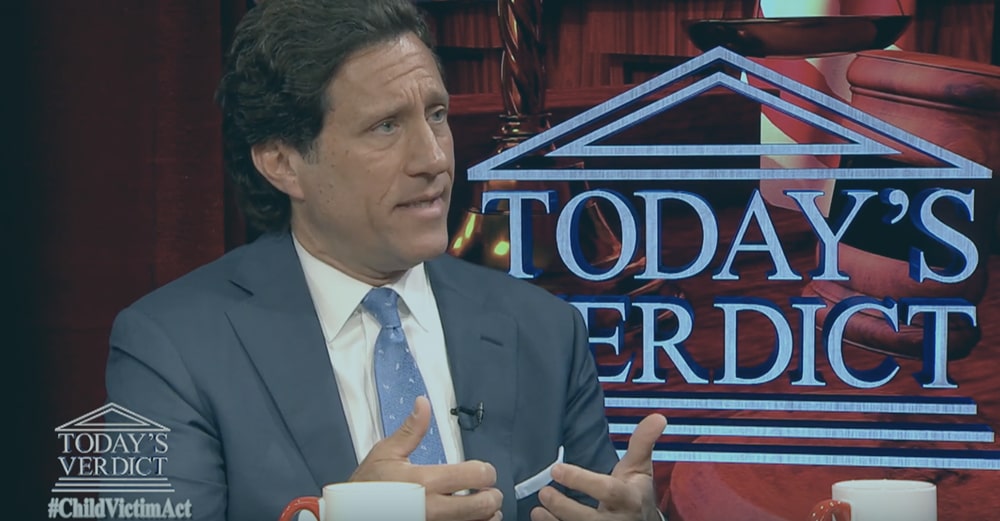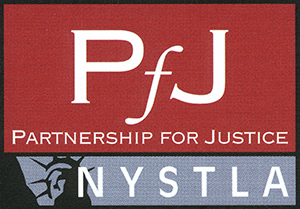What Is Evidence?
Posted on July 13th, 2020 by Oddo & Babat, P.C.
Criminal Defense Lawyer
What exactly is evidence? You should have a decent understanding on what courtroom evidence is if you’ve listened to any true crime podcasts. Testimonies, writing, material objects, or other things that help confirm validity are all examples of evidence. Evidence is any type of information that is given to the jurors during a jury trial or to the judge while a bench trial is occurring. Evidence does not necessarily just have to consist of statements that were written or questions asked by attorneys and a judge during a case. Lawyers, like a criminal defense attorney in Atlanta, GA from The Lynch Law Group, always try to come up with various pieces of evidence to come up with a story—the objective of a prosecutor is to get a conviction and criminal defense attorneys if receiving a not-guilty verdict.
Types Of Evidence
Oral Testimony: The witness on the witness stand usually gives a testimony in the
course of most trials. In the course of a trial, there will be fact witnesses, expert witnesses, and character witnesses. All of which are beneficial to a case. The ones who actually witnessed the crime are regularly known as the fact witnesses; however, fact witnesses are also allowed to testify about what they have heard at the crime scene. For example, someone nearby may have heard the defendant discussing the crime or actually confessing the commission of that crime to someone else. This person can also be considered a fact witness although they did not see the crime take place. Fact witnesses give testimonies about genuine facts that have ties with the case and need to have first hand understanding of the facts that they have testified on the witness stand, hearsay is unacceptable. People who use their trained knowledge to analyze evidence or explain evidence to the jury are also very useful to cases. For example, the doctor that completes the autopsy of a murder victim may be able to completely analyze the body and further explain just how the murder took place and their testimony may line up with that of a fact witness. This is, however, not considered first hand evidence. Expert witnesses do not necessarily need to have a firsthand understanding in the events of a case, unlike a fact witness. They are often called to testify on documents that have been used as evidence and gone through to them (by the way are given to them by the prosecutor or criminal defense attorney). Lastly, the people who give their opinion on the positive or negative character of a group or defendant during a case are known as character witnesses. This character information may help confirm a legal team’s statements about the likelihood of the commission of the crime from the defendant.
Tags: Criminal Defense Lawyer


 I consulted with David the first time a couple of years ago on a serious matter that affected a very close member of my family. Not expecting a good experience from this serious situation coupled with an attorney consultation, the entire thing surprised me as it was pleasant, professional, and completely successful. We found him clear, direct, generous and extremely knowledgeable throughout the process. I give my very strongest recommendation
I consulted with David the first time a couple of years ago on a serious matter that affected a very close member of my family. Not expecting a good experience from this serious situation coupled with an attorney consultation, the entire thing surprised me as it was pleasant, professional, and completely successful. We found him clear, direct, generous and extremely knowledgeable throughout the process. I give my very strongest recommendation








